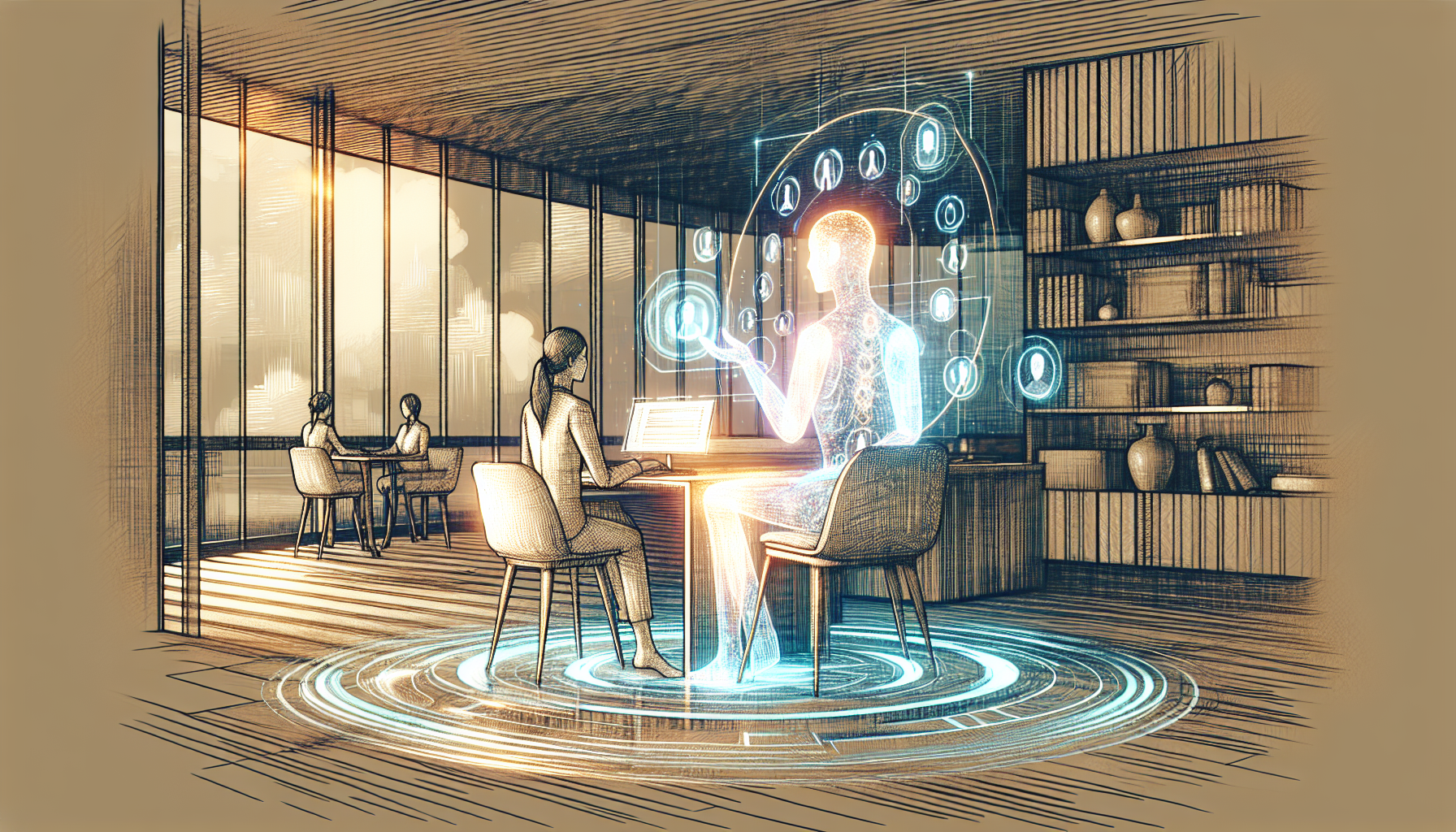
Crafting Efficiency in Legal Citations: A New Dawn with ChatGPT
Paralegals and legal professionals have long wrestled with the meticulous and often overwhelming task of legal citation verification. Ensuring that every legal citation is accurate, current, and properly formatted can consume a significant portion of a paralegal’s working hours. Enter ChatGPT and other Language Learning Models (LLMs). These advanced AI technologies have the potential to revolutionize the tedious citation process, transforming it into a more efficient, streamlined procedure.
The Anatomy of Legal Citations: A Quick Recap
To appreciate the transformative power of AI in this domain, it’s essential to understand the anatomy of legal citations, especially within criminal law. Common citation formats like the Bluebook, ALWD, and state-specific styles require paralegals to be meticulous about every detail. Key components typically include:
- Court cases and their respective reporters
- Statutory codes and their proper notation
- Secondary sources like law reviews and legal encyclopedias
Accuracy and consistency are non-negotiable in legal citations. An incorrectly cited case could mislead a court or undermine the credibility of a legal argument. Thus, precision in citations is paramount, and this is where ChatGPT steps in.
Also read:
Tech-Savvy Paralegals: Integrating ChatGPT into Your Workflow
Adopting ChatGPT into daily tasks can significantly enhance workflow efficiency. Here’s a step-by-step guide to seamlessly integrate ChatGPT:
- Platform Selection: Choose tools like OpenAI’s GPT-3 or platforms like CoCounsel or LegalEase that incorporate GPT-3 capabilities.
- Initial Setup: Customize ChatGPT settings to align with your firm’s citation standards. This might include feeding specific citation formats and legal terms into the system.
- Daily Usage:
- Input Method: Use text or voice input to instruct ChatGPT on the specific citation task.
- Output Validation: Review the generated citations, ensuring they match the required standards before finalization.
Platforms like LegalEase offer templates and integration features that make it easier to pull citation formats from state and federal repositories. Customizing ChatGPT ensures that the responses are tailored to your specific legal needs.
Also read:
Prompts with Punch: Crafting Effective Queries for ChatGPT
To maximize ChatGPT’s potential, crafting effective and precise prompts is crucial. Here are some refined prompt examples:
- Basic Prompt: “Provide a Bluebook citation for the case Smith v. Jones, heard in the Second Circuit, 2020.”
- Complex Prompt: “Generate citations for the following sources in ALWD format: Brown v. Board of Education, 347 U.S. 483 (1954), a review article titled ‘Civil Rights Movement,’ and U.S. Code Title 42, Section 1981.”
Moreover, tailoring prompts based on specific legal tasks can yield more accurate results. Techniques for refining prompts include:
- Specificity: Incorporate all relevant case details, including jurisdiction and year.
- Context Clarity: Mention the required format explicitly (e.g., Bluebook, ALWD).
Common pitfalls, such as vague requests or missing context, can lead to inaccurate outputs. Always double-check the inputs to ensure they are comprehensive and precise.
Also read:
Beyond Verification: Enhancing Legal Research with AI
While citation verification is critical, ChatGPT’s capabilities extend well beyond. The AI can also assist in:
- Extended Legal Research: Generating summaries of case law and statutes.
- Cross-References: Identifying related cases and precedents.
This additional support can streamline understanding of intricate legal texts, thus enhancing the overall quality of legal research.
Also read:
Maintaining the Human Touch: Reviews and Quality Control
Despite the advancements of AI, maintaining the human touch is essential. The necessity of human oversight in AI-driven verification processes cannot be overstated, as AI tools can sometimes misinterpret or overlook nuances. Tips for balancing efficiency with accuracy include regular quality checks and reviews by experienced paralegals.
Also read:
Embracing the Future: Training and Continuous Learning
The landscape of AI is ever-evolving, making continuous learning and adaptation vital for paralegals. Engaging in professional development, attending workshops, and participating in community forums like the American Bar Association’s tech sections can keep legal professionals updated on LLM advancements.
Also read:
The Road Ahead: Transforming Legal Workflows
In summary, integrating ChatGPT into legal citation verification offers significant benefits, including time efficiencies and improved accuracy. The broader implications for the legal profession are immense, potentially reshaping how legal research and documentation are conducted. As we move forward, embracing AI tools responsibly and effectively will be key. By leveraging these innovations, paralegals and lawyers can continue to meet the rigorous demands of the legal profession while embracing a more streamlined, efficient future.


